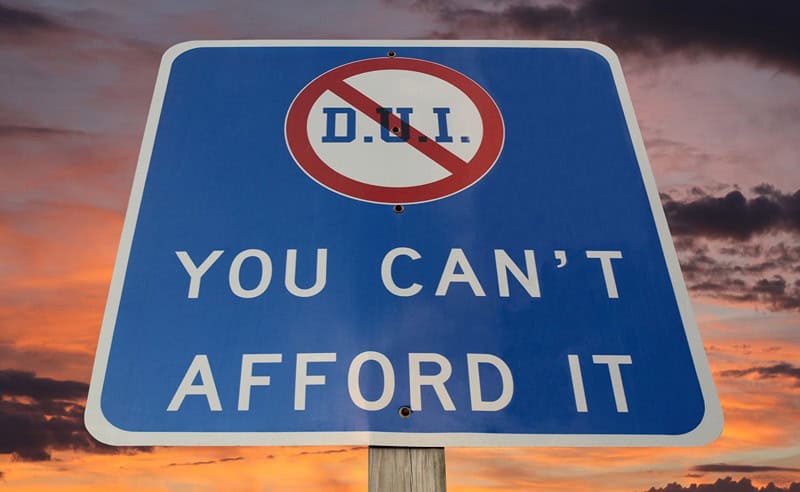
Showing posts with label Toughest. Show all posts
Showing posts with label Toughest. Show all posts
Sunday, June 9, 2024
Wednesday, June 5, 2024


Investigative Article: Analyzing State DUI Laws: Toughest Vs Most Lenient
Introduction
Driving under the influence(DUI) is a serious offense in the United States. Every state has its own set of DUI laws, and the penalties, as well as the severity of the crime, vary widely from state to state. In this investigative article, we will analyze and compare the state DUI laws of the 50 states of the United States and derive a conclusion on which state has the toughest and which one has the most lenient DUI laws.The Most Lenient States
According to our research, the most lenient states when it comes to DUI laws are South Dakota, North Dakota, and Pennsylvania. South Dakota has no mandatory jail time, and the first time offenders face only fines. North Dakota's mandatory jail time is only for repeat offenders, and the first time offenders may face only fines. Pennsylvania has no mandatory IID installation or minimum jail time, even for repeat offenders.The Toughest States
The states with the toughest DUI laws are Arizona, Georgia, and Alaska. Arizona is the only state that imposes mandatory IID installation and jail time for first-time offenders. Georgia treats DUI offenses as felonies, and the mandatory minimum jail time is longer than most other states. Alaska too has a mandatory IID installation policy for first-time offenders, and the misdemeanor DUI is treated as a felony.The Impact of DUI Laws
Adopting tougher DUI laws has been proven to reduce the number of drunk driving accidents and fatalities. A study conducted by the National Highway Traffic Safety Administration (NHTSA) found that states that had stricter DUI laws had fewer DUI accidents and fatalities. Stricter laws create a deterrence for people to drink and drive.The Economic Impact
DUI crashes impose a significant economic burden on society. According to a study by the Pacific Institute for Research and Evaluation, the cost of DUI crashes in the United States was over $44 billion in 2019. Tougher DUI laws could save billions of dollars of economic loss in terms of property damage, medical expenses, and legal costs.The Social Impact
The social impact of DUI crashes is immeasurable. Every year, thousands of people lose their lives, families, and friends due to DUI accidents. Tougher DUI laws do not only create a deterrent effect but also demonstrate the seriousness of the offense and provide closure to the victims' families.The Political and Legal Challenges
Although adopting tougher DUI laws could improve public safety, it faces political and legal challenges. Some states and lawmakers are reluctant to take stricter measures as DUI convictions affect the employment prospects of offenders. Critics argue that the mandatory IID installation and jail time are too harsh for first-time offenders.The Conclusion
In conclusion, DUI laws vary widely from state to state, and some states are stricter in their approach than others. The impact of tougher DUI laws cannot be underestimated in terms of reducing accidents, fatalities, and economic and social loss. Arizona, Georgia, and Alaska top the list when it comes to the toughest DUI laws, while South Dakota, North Dakota, and Pennsylvania have the most lenient DUI laws. Only time will tell if all the states in the country will adopt stricter DUI laws for the greater public good. DUI Laws: Toughest Vs Most Lenient-State,ToughestPopular Posts
-
Nevada's New Marijuana Laws: What You Need to Know With the passing of Question 2 in 2016, Nevada became one of the latest states to l...
-
Defending Your Rights: Unveiling the Role of a Phoenix Criminal Lawyer Getting accused of a crime can be a terrifying and overwhelming exp...
-
The Importance of Hiring a DUI Attorney in Phoenix, AZ In the United States, driving under the influence (DUI) is considered a serious cri...
Categories
- Aggravated (2)
- Arizona (3)
- Country (1)
- Criminal (2)
- Criminal Law (1)
- CriminalLaw (3)
- Divorce Law (2)
- Driving (1)
- Drug (2)
- DUI (2)
- dui law (4)
- duilaw (1)
- Family Law (2)
- FamilyLaw (3)
- Federal (2)
- Filing (1)
- Furnishing (1)
- hiding (1)
- Illegal (1)
- Investigations (1)
- Jurisdiction (1)
- marijuana (5)
- penalties (2)
- Simple (1)
- SLAPP (1)
- Society (3)
- State (3)
- Suspended (1)
- Tax (1)
- Theft (1)
- Toughest (2)
- Vehicle (1)
- White (1)
Powered by Blogger.